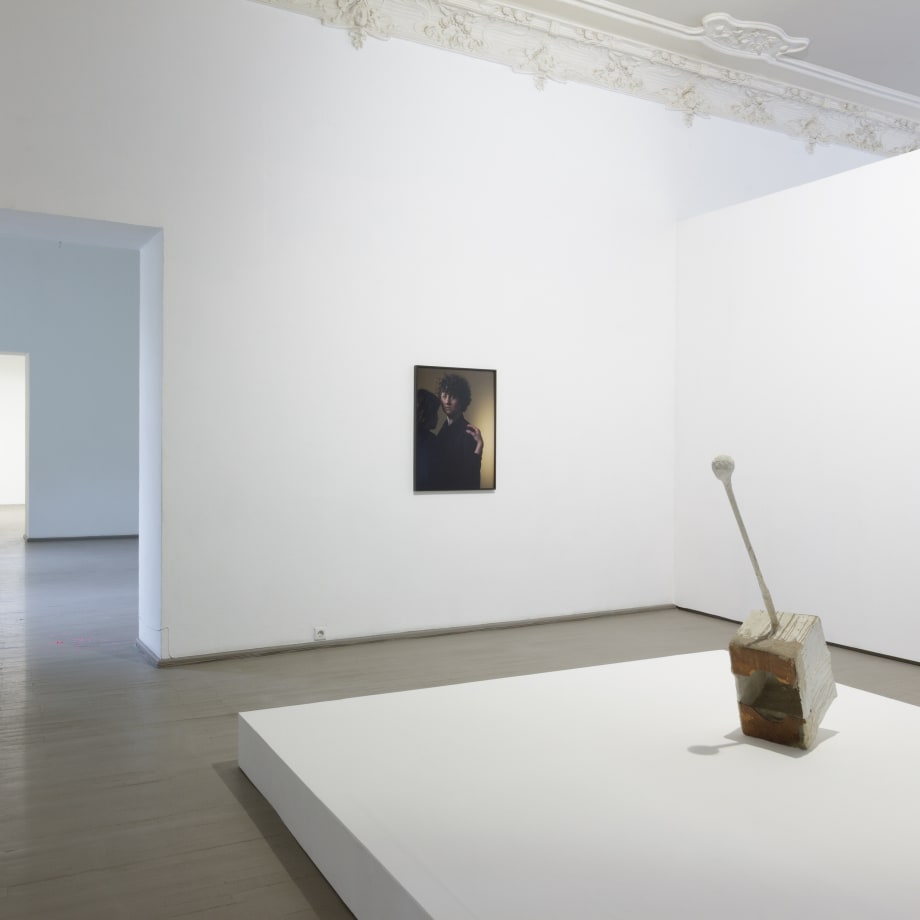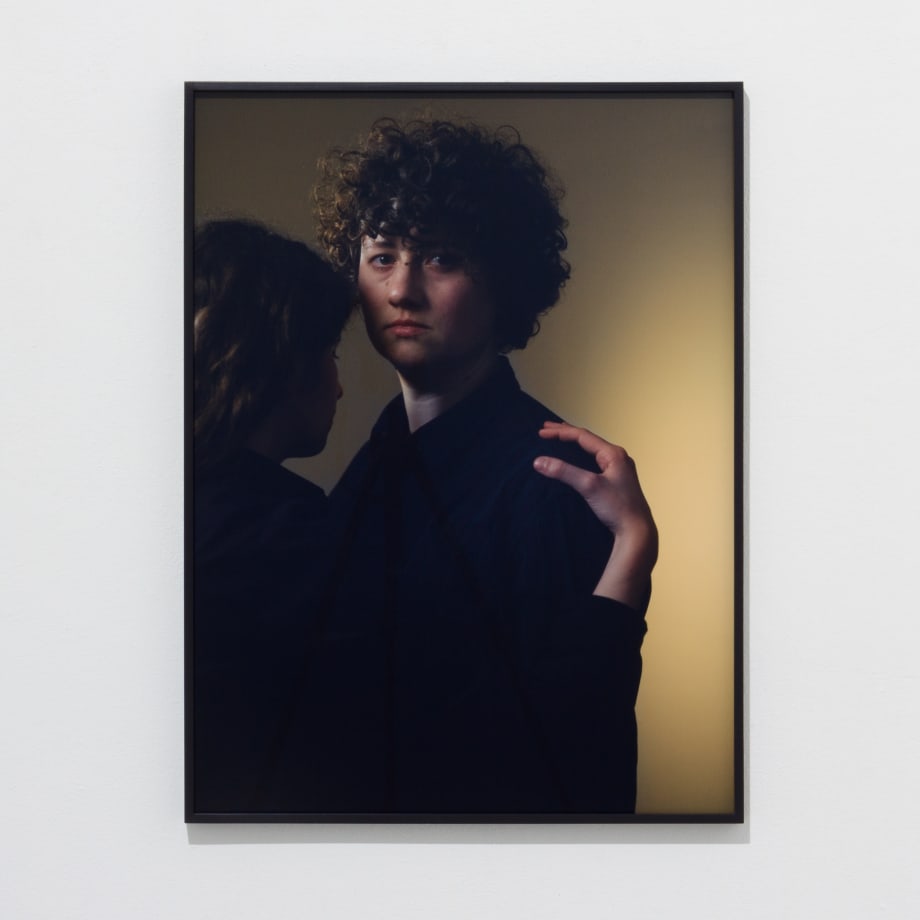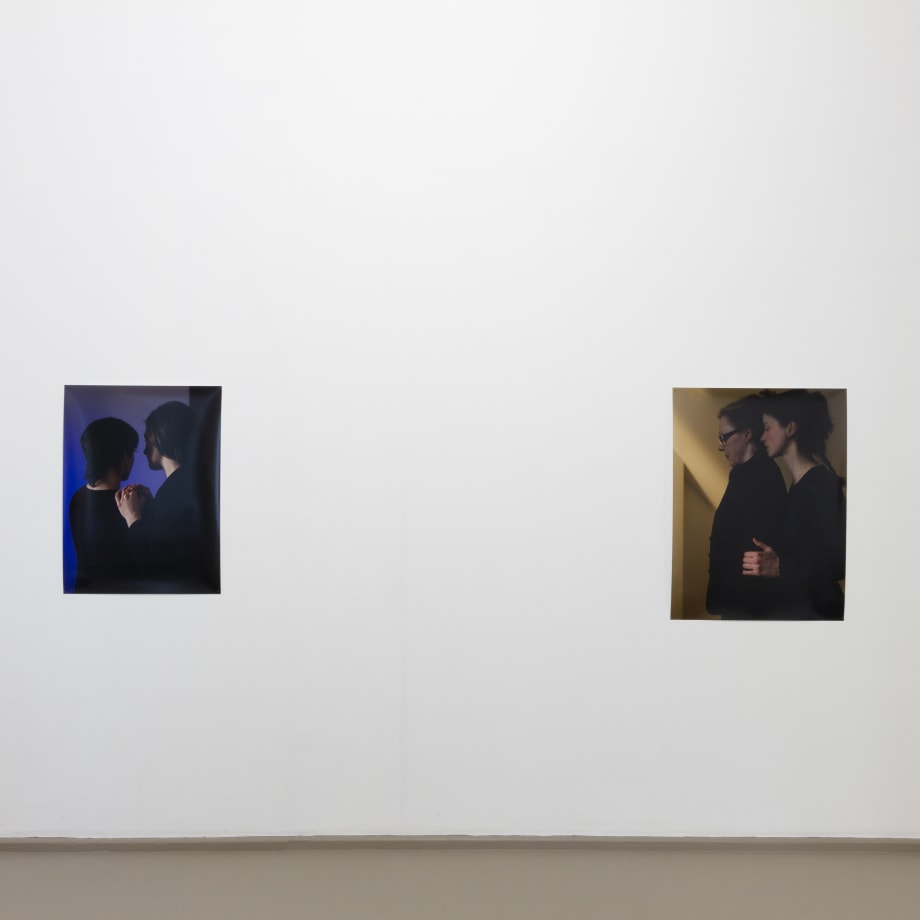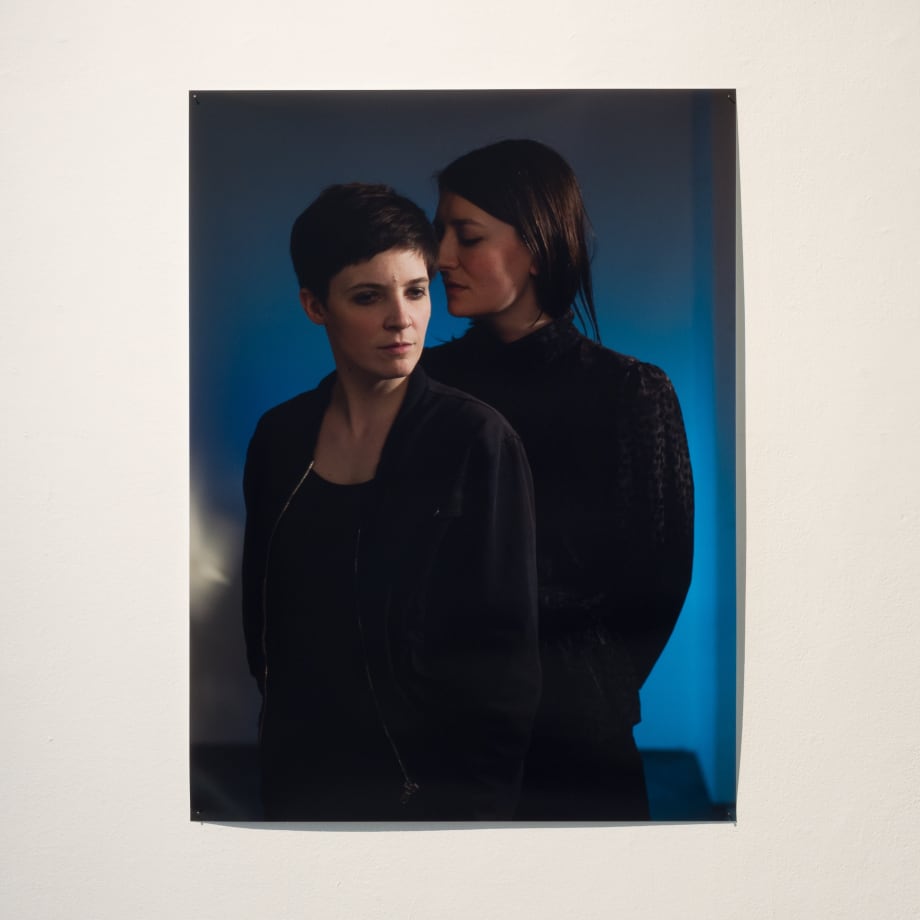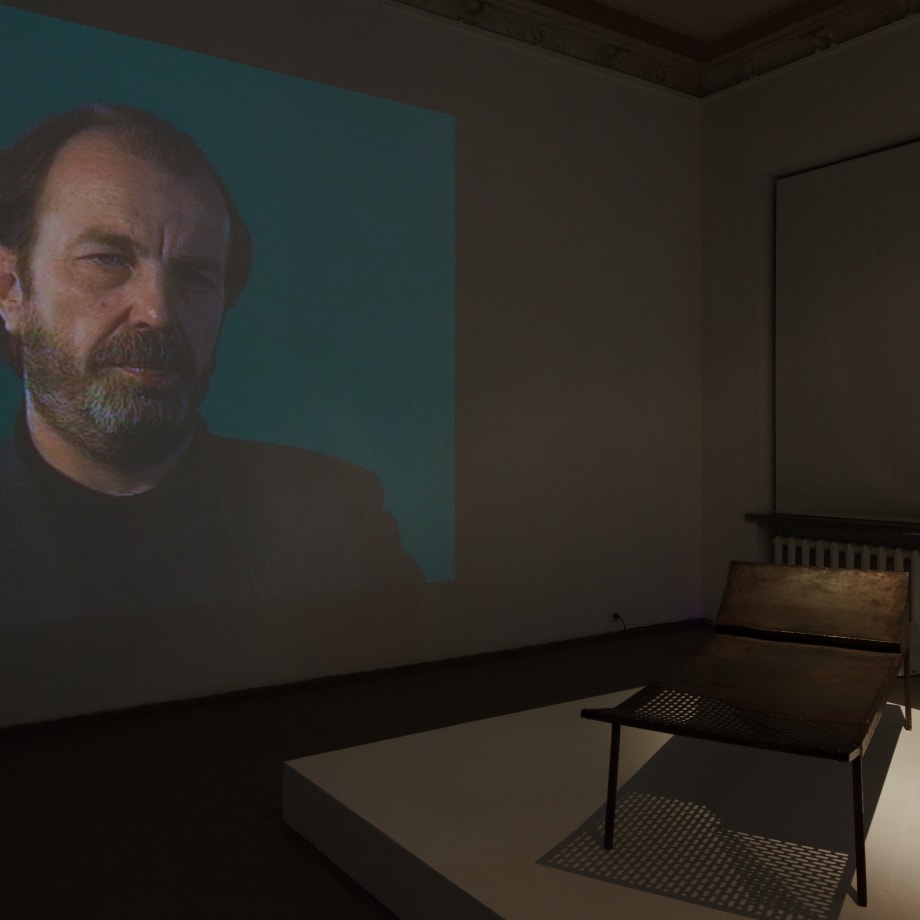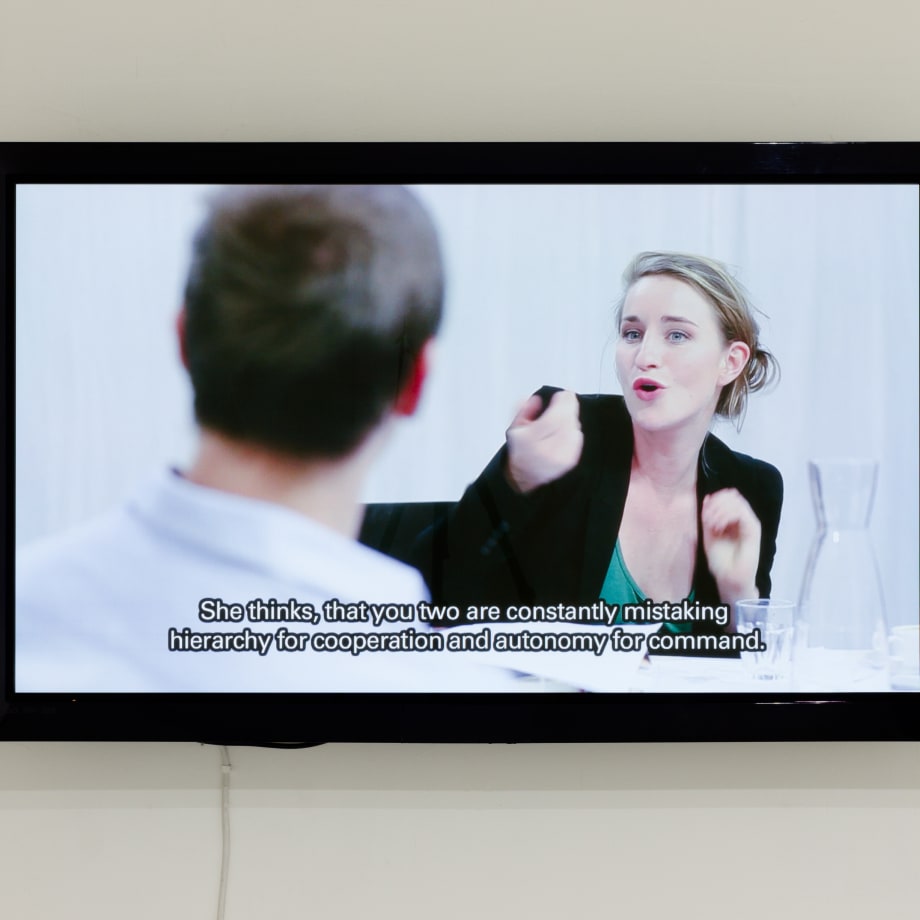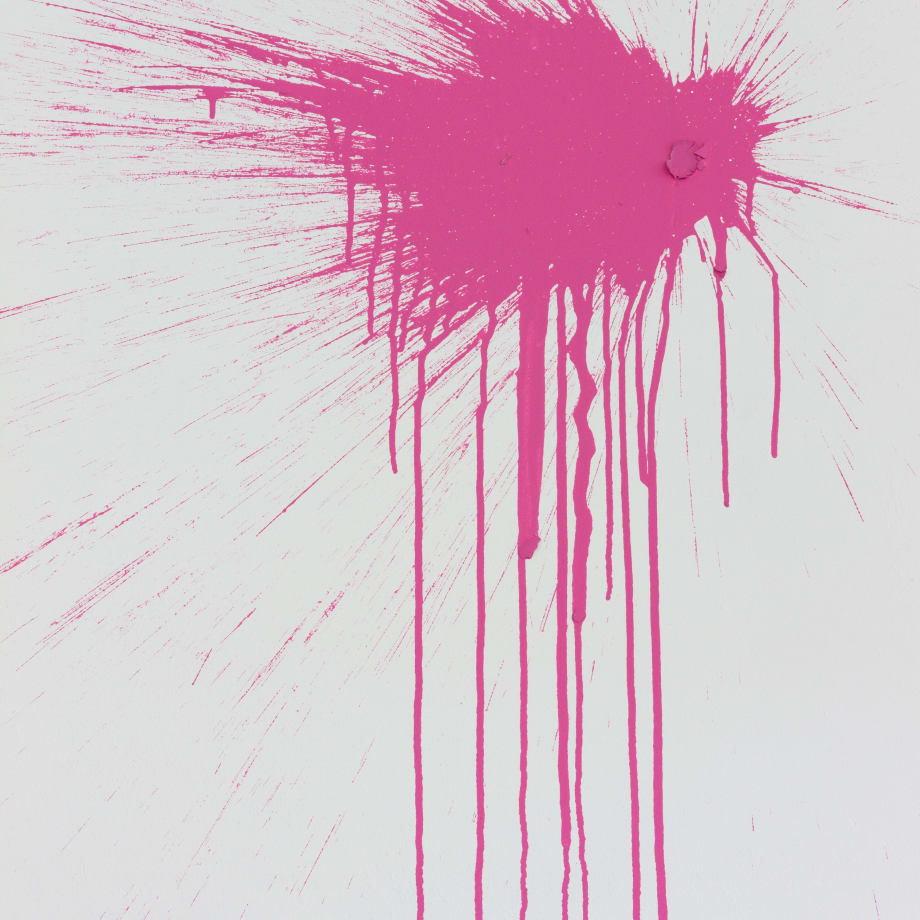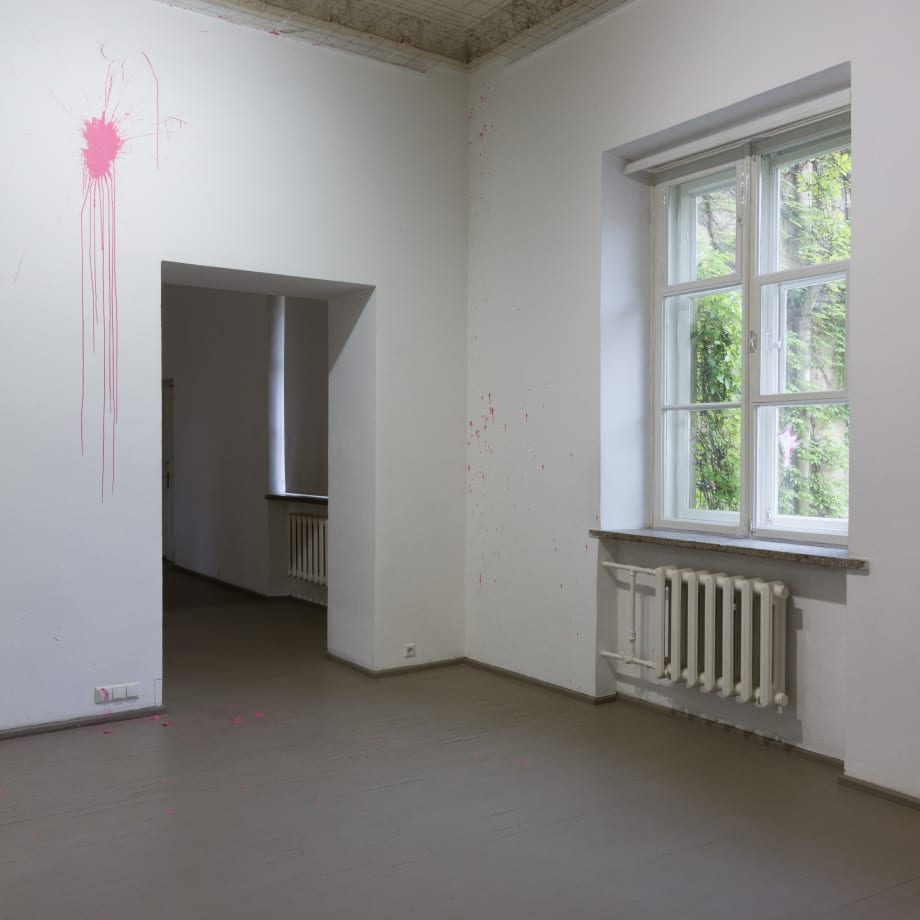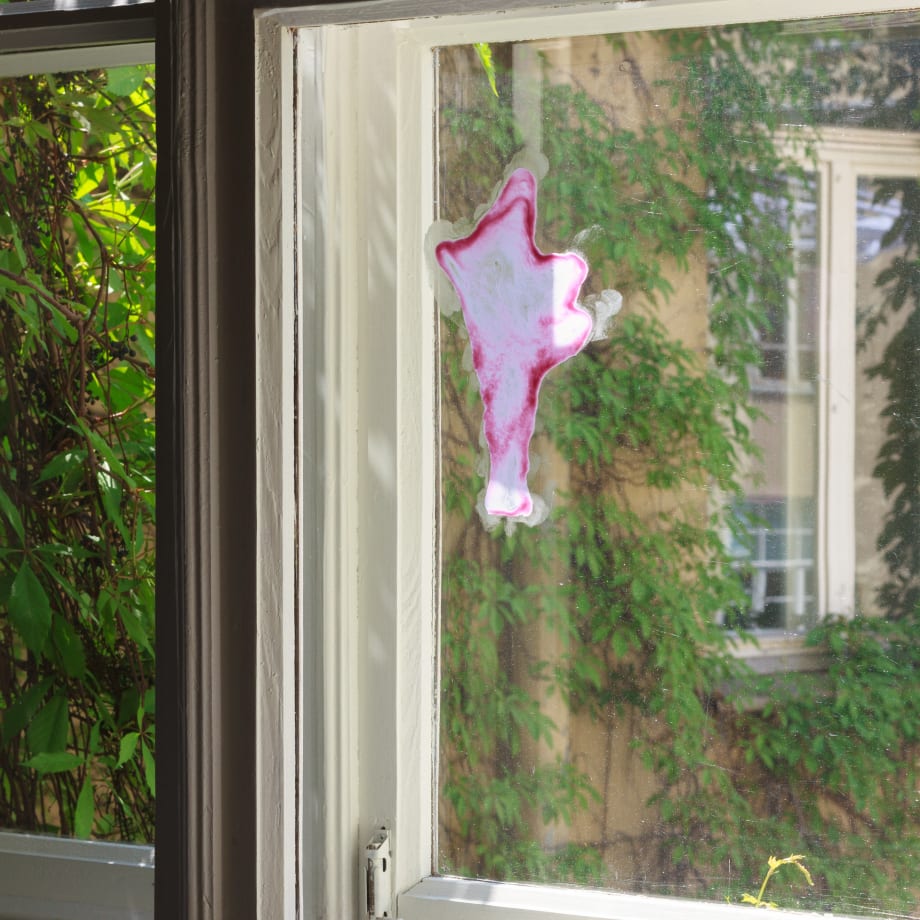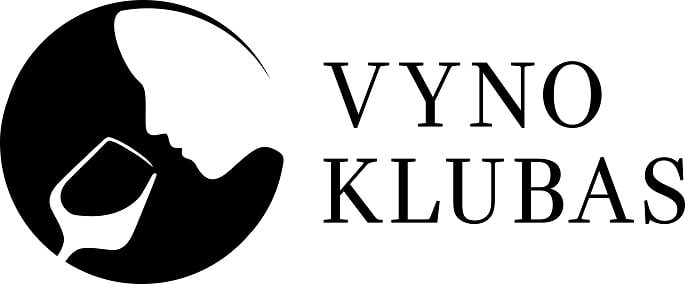On May 20, 2014 VARTAI gallery will host the third instalment in the Sleepwalking exhibition series curated by the Vienna-based curator Amer Abbas. The first one was on show at the Temporary gallery in Cologne in 2009, and the second one at the Freies Museum Berlin in 2012. Sleepwalking III discards the group exhibition format and instead presents two representatives of the contemporary Austrian art scene, Franz West and Barbara Kapusta.
Instead of presenting a sequence of phenomena such as turmoil and resolution, or visuality and performativity, the curator's idea here is based on the contraposition of two artistic forces. The earlier Sleepwalking projects invoked the notion that art essentially tends to separate its directions of development from the trajectory in dominant discourse. According to Jacques Rancière, in comparison with other “aesthetic regimes”, such as politics or science, art is characterized by a “primary aesthetics”. All of the regimes defined by the thinker individually or collectively participate in the distribution of the sensible, depending on their concept and composition. Art's subversiveness or destructive power is related to its separation from the discourse of representation.
The conceptual axis of the third part of Sleepwalking is the phenomenon of the emergence of something. The exhibition also employs the widely used notion of a “body without organs”, often applied to the interpretation of art. Borrowing this metaphor from Antonin Artaud and interpreting it in his spirit, Deleuze and Guattari explain the emergence and functioning of the notion of a “rhizome” in their Capitalism and Schizophrenia.
Franz West's sculptures, objects, collages and performances function like still pictures – instant photographs of events and stage sets – in a displaced space, on an open stage. These objects and sculptures often resemble organic structures or recycled things that have acquired an organic form. Here, the “body without organs” takes on a special meaning, because it is a state that escapes schizophrenia – the subjugation of the body. In addition to the objects, the Sleepwalking exhibition presents a large-format projection of Eva Badura Triska's video interview with Franz West.
Barbara Kapusta's film Der vereinbarte tag is also shown on a large screen, alongside her photographic series They She We Them. Employing her poetic skills, the young artist sets out to stage the “body without organs” as a narrative. Her friends portrayed in the mentioned series of photographs attempt to externalize the internal “body without organs”. The filmed version of this project has no action. People, seated on the stage by the artist are frozen in poses of simplified gestures.
In Sleepwalking III, the works of Franz West and Barbara Kapusta – artists representing different generations – form a symbolic union aiming to re-invoke the “body without organs”, the menacingly redemptive presentiment written about by Antonin Artaud in 1948.
Barbara Kapusta born in Lilienfeld, Austria in 1983, studied at the Academy of Fine Arts,Vienna. Lives and works in Vienna. In 2008 she founded the exhibition space Saprophyt with artist and filmmaker Stephan Lugbauer. Recent Barbara Kapusta‘s exhibitions were presented at Temporary Gallery Cologne (2009), Künstlerhaus Vienna (2010), RMIT, Melbourne (2010), Freud Museum, Vienna (2011), Unit One Gallery, Bejing, China (2012), Freies Museum, Berlin (2012), Kunstpavillon Innsbruck, Austria (2012), 21er Haus, Vienna, (2013), The Banff Center, Banff, Canada (2013).

